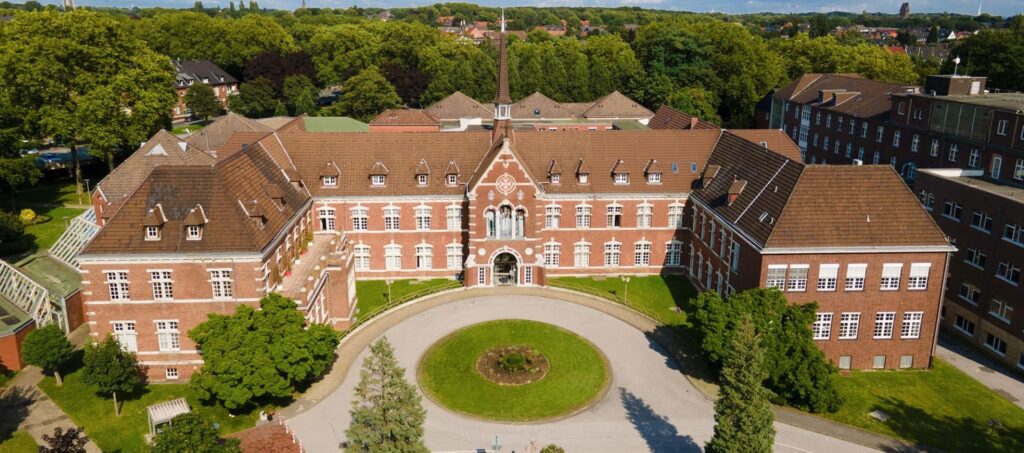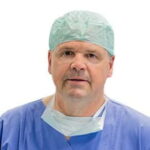 Clinic “Oberhausen” of the “Niederrhein” complex
Clinic “Oberhausen” of the “Niederrhein” complex
About the clinic
The clinic specializes in the diagnosis and treatment of urological diseases in children and adults, including prostate neoplasms.
“Oberhausen” is an academic medical center of Heinrich Heine University — one of the largest German universities.
In 2021 and 2022, Professor Jan Fichtner, head of the urology clinic, was recognized as one of the best doctors in Germany by FOCUS and STERN for the treatment of prostate cancer.
The “Niederrhein” complex currently unites 6 previously independent medical institutions. One of them, “Oberhausen,” is a well-known clinic in Europe thanks to its developments in the field of diagnosis and treatment of urological and oncourological diseases. Approximately 4,700 surgical interventions are performed there annually, including those using Da Vinci robotic surgery.
The head of the urology department, Jan Fichtner, is also the head of the Prostate Tumor Treatment Center. His team of specialists uses modern treatment methods such as R0 resection for localized tumors within healthy tissue and gentle prostate removal techniques with the help of a robotic assistant. Among non-surgical methods, percutaneous radiation therapy and brachytherapy can be performed, including after surgery (adjuvantly). Hormone therapy can be offered to patients with metastases in an individually selected intermittent regimen (“load” — “rest”). An especially important step in the treatment of severe patients with bone metastases is the use of combined radiation and bisphosphonate therapy: this helps to reduce pain and significantly improve patient adherence to therapy.


